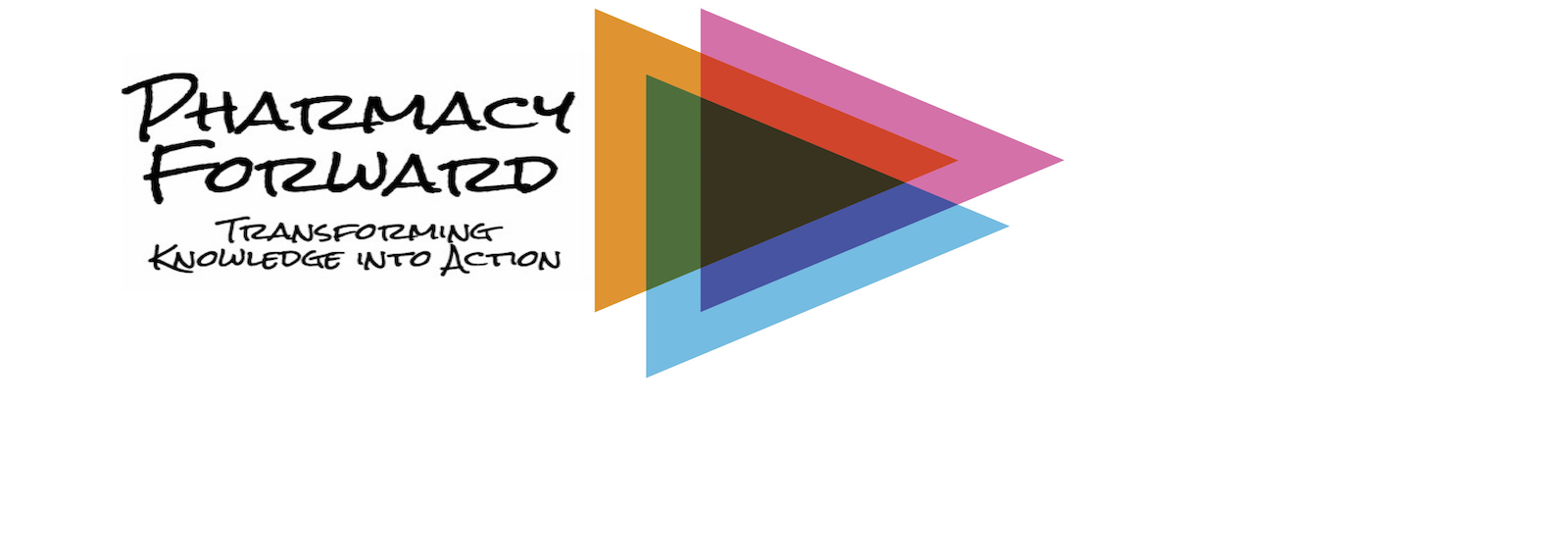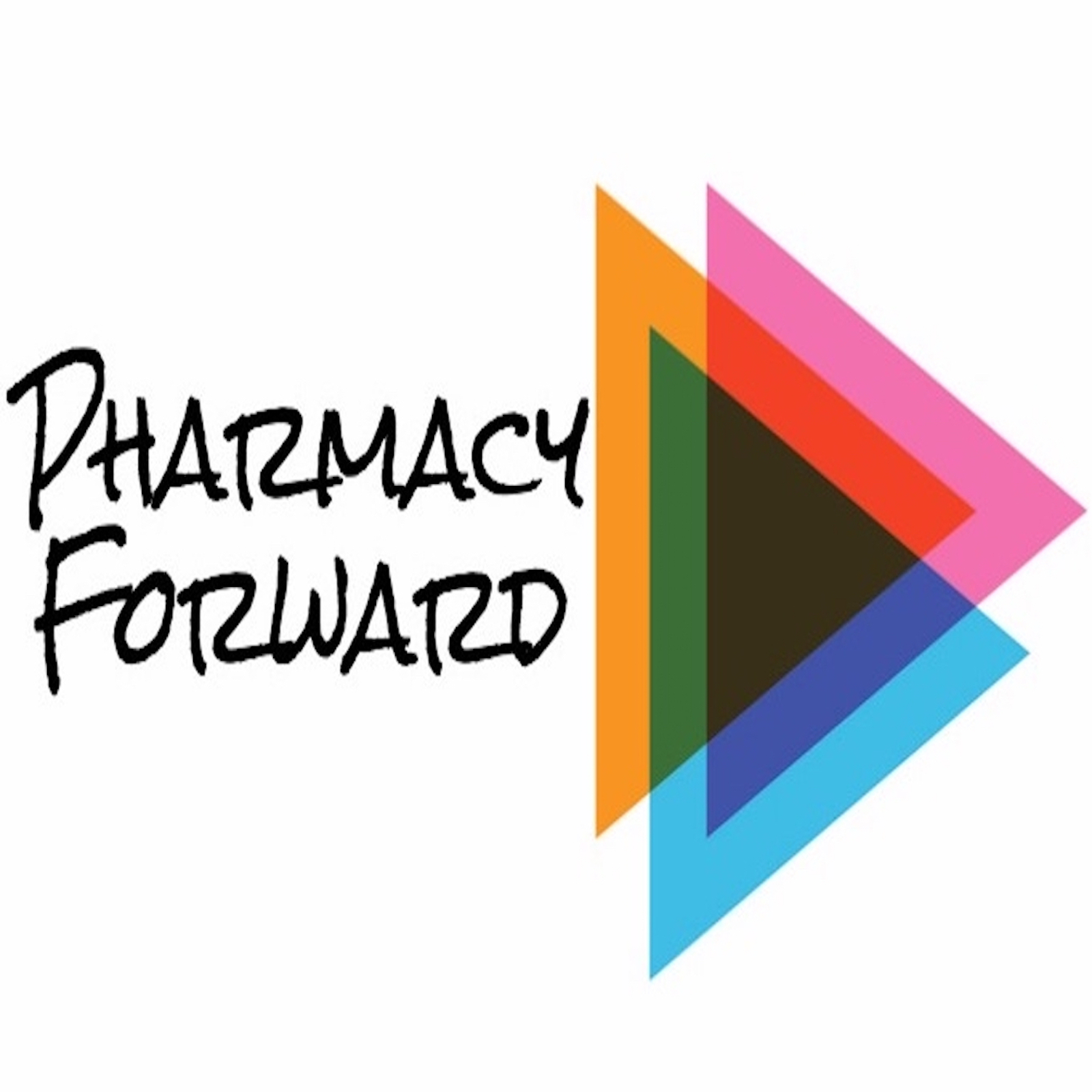Episodes

Wednesday May 15, 2019
Credentialing & Privileging (III)
Wednesday May 15, 2019
Wednesday May 15, 2019
Brandon Shank, PharmD, BCOP - Clinical Pharmacy Specialist at the University of Texas MD Anderson Cancer Center - talks to us about credentialing & privileging from a front-line clinician's point of view.
Key Lessons:
- Building rapport and trust with your team is an essential first step from which clinical privileges follow.
- State laws vary. Some authorize privileging of pharmacists at the institutional level.
- Obtaining and maintaining clinical privileges requires additional training ... and paperwork.
- Pharmacists have a unique understanding of the dosing and available dosage forms of drugs - this brings value to the patient care team.
- Privileging pharmacists to take on advanced clinical responsibilities can increase team efficiency and effectiveness.

Tuesday Apr 16, 2019
Credentialing & Privileging (II)
Tuesday Apr 16, 2019
Tuesday Apr 16, 2019
Julie Groppi, PharmD - National Program Manager, Clinical Pharmacy Practice Policy and Standards, Department of Veteran's Affairs and Todd Nesbit, PharmD, MBA - Director of Pharmacy Patient Care Services, the Johns Hopkins Hospital - discuss the credentialing and privileging of pharmacists.
Key Lessons
- Credentialing is the process of verifying someone education, training, certifications, and experience.
- Privileging is the process of determining an appropriate scope of practice based on the practitioner's credentials and granting authority to carry out specific patient care services/decisions.
- All health systems should credential the pharmacists they employ.
- Pharmacists can be privileged to initiate, modify, continue, or discontinue medication therapies as well as order tests and referrals as needed to achieve treatment goals.
- A pharmacist's privileges may be restricted to specific drugs and disease (e.g. collaboratory drug therapy management agreement) or may be service-specific (e.g. all patients enrolled in or assigned to a specific clinical service unit).
- The credentials necessary to be privileged to carry out advanced patient care services typically include residency training and board certification.

Tuesday Aug 14, 2018
Pharmacists Patient Care Process (I)
Tuesday Aug 14, 2018
Tuesday Aug 14, 2018
Todd Sorensen, Pharm.D. - Professor in the Department of Pharmaceutical Care and Health Systems at the University of Minnesota College of Pharmacy and Executive Director of the Alliance for Integrated Medication Management talks with us about the importance of applying a systematic process of care during every patient encounter.
Key Lessons: All health professions have a similar process of care but each has a different focus and assessment strategy; inconsistencies in the process of care provided by pharmacists has led to inconsistent outcomes in clinical trials; several new resources are available to help pharmacy practitioners deliver the pharmacists patient care process with greater "fidelity."
Helpful Resources: Check out the Patient Care Process chapter in Pharmacotherapy: A Pathophysiologic Approach and the Patient Care Process for Delivering Comprehensive Medication Management report.

Tuesday Apr 17, 2018
It's All About Quality (III)
Tuesday Apr 17, 2018
Tuesday Apr 17, 2018
Rosemary Duncan, Pharm.D., BCPS - Medication Safety Officer - and Jacob Smith, Pharm.D. - Assistant Director of Medication Safety and Quality at The Johns Hopkins Hospital talk about measuring quality in hospital settings and how quality metrics are used for accreditation and value-based payments.
Key Lessons: Measuring quality is difficult and event rates are not an adequate metric of medication safety; pharmacists can help improve HCAHPS (Hospital Consumer Assessment of Healthcare Providers and Systems) scores by providing patient and provider education; quality in healthcare is advanced by implementing high-reliability systems and processes by interprofessional teams.

Wednesday Mar 14, 2018
It's All About Quality (II)
Wednesday Mar 14, 2018
Wednesday Mar 14, 2018
Laura Cranston, R.Ph. - Chief Executive Office of the Pharmacy Quality Alliance (PQA) - talks about the work of PQA and the National Quality Strategy which aims to make care delivery higher quality and more affordable to achieve healthier people and communities.
Key Lessons: PQA plays an important role by convening key stakeholders and creating quality measures that are used by the payer community. Pharmacists and student pharmacists can play an important role in PQA's work.

Thursday Feb 15, 2018
It's All About Quality (I)
Thursday Feb 15, 2018
Thursday Feb 15, 2018
Troy Trygstad, Pharm.D., MBA, Ph.D. - Executive Director of CPESN-USA, a network of pharmacies that provides a portfolio of medication optimization and patient care services - talks about the "quality movement" and how it's impacting the practice of pharmacy in community and ambulatory care settings.
Key Lessons: Create supports to help patients to optimally use medications; follow-up is critical; fully engage staff and student pharmacists to deliver care.

